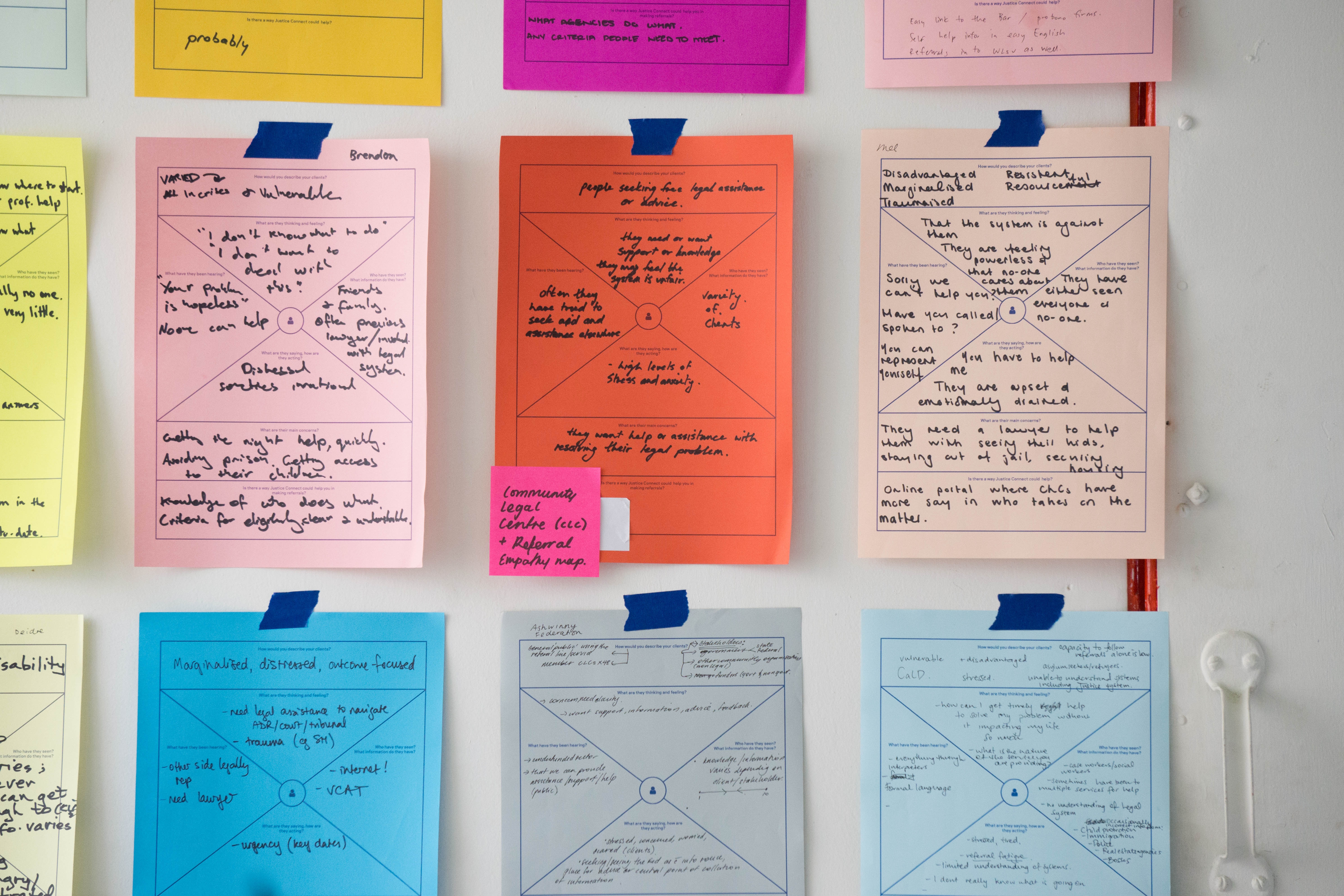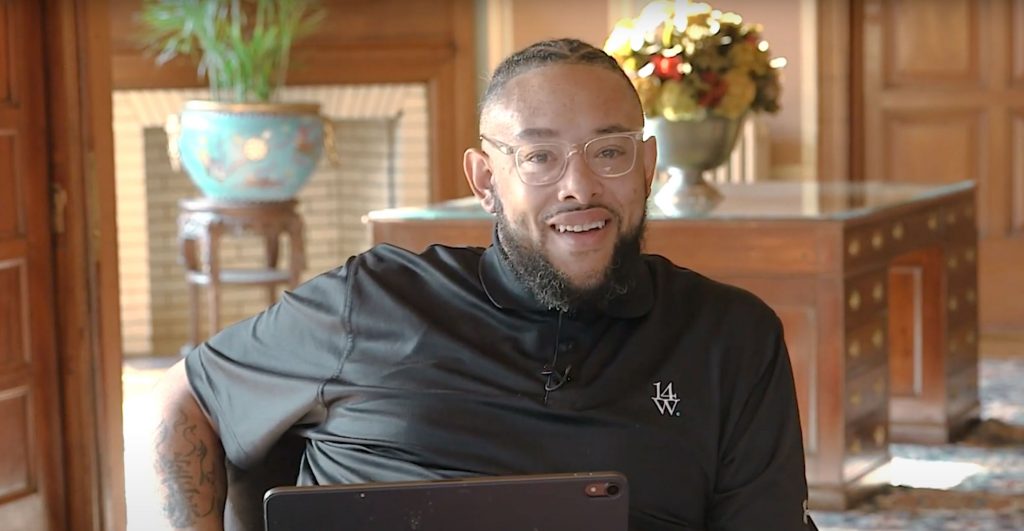Cringe-Worthy Project Woes & What To Do About Them

True, not all projects need a Project Manager. But there’s a reason (in fact, lots of reasons) that the demand for Project Managers has been on a steep and steady incline in recent years. And there are no signs of that trend slowing.
Nevertheless, there is a fairly common misconception that a Project Manager is an excessive investment of resources. Another reason for pause in bringing in a PM is the concern of inviting unnecessary cooks into the kitchen.
So, in other words, people are asking “what’s a PM going to cost us?” or “do we really need another person involved?” when they should be asking, “are we getting anywhere?” or “have we done what we set out to do?”
But the truth is that as your company expands and your growing pains increase, those latter two questions are things you should be asking yourself day in and day out. And the irony about it all is that some of the best insight you could ask for in answering them will come from (yup, we’re gonna say it) a Project Manager.
This was an ah-ha moment of our own from a few years back, but recently the memory resurfaced with an old colleague when we caught up at a holiday happy hour. Said former colleague (who will remain nameless) was frustrated to the point of considering firing a historically high performing employee. When she used the phrase, “spinning her wheels,” it was like getting hit with a massive wave of the worst sort of nostalgia. I told her I remembered being in her shoes. The fact that there was something she could have done to avoid all of the pain she and her team were feeling only heightened the sting for her initially. But when I got a follow-up note from her thanking me for the advice to bring on a Project Manager, I immediately started writing.
The first thing that came to mind were all of the expressions of fury and defeat that had spewed from my friend’s mouth over our first glass of happy hour wine. If you, a manager or team member have recently asked 2 or more of the following questions when working on a project, it’s time to take the leap and bring in a Project Manager.
1. WHAT. THE. &@!$?!!!!
Ever walked out of a “kick-off” meeting feeling like you just got invited to watch the second half of a movie? Or still wondering why you were pulled onto the team? That’s not good, but it happens a lot in growing organizations. It’s called a silo mentality – and while incredibly easy to slip into in a demanding role or team, it inevitably causes frustration for all parties. A Project Manager will demand all stakeholder’s full attention and support prior to kick-off. They will provide background on the pain points which led to the project and insight for all team members on how and why they were chosen to be involved.
2. WE SPENT HOW MUCH?!
Budgets are often inflated due to poorly made decisions, the consequential changes, and the assignment of tasks to the wrong person or resource. Project Managers can mitigate this with a detailed discovery phase and project analysis completed before plans and schedules are drawn up… before proposals and contracts are signed… before time and money is spent… before it’s too late. And after the fact, the plan agreed upon by all parties will help focus the team, build unity, encourage a healthy team dynamic, and boost accountability and productivity… all good things for keeping that budget intact.
3. ARE WE THERE YET?
In order to be certified, a PM needs to be well versed in time and resource management. During the discovery phase of every project, they make it their responsibility to assess the strengths and weaknesses of every team member, and every resource involved. It’s their job to anticipate the risks and rewards to assigning tasks to certain team members, tools or products. In other words, they know how to set realistic timelines. This is valuable in managing expectations all around – for yourself, your team, and the people awaiting the finished product.
And there are some incredible fringe benefits to understanding your resource capacity from one project to the next. For one thing, you can avoid burnout. But further to that, with each new undertaking, team members become more aware of what they can and should bring to the table and begin to gravitate toward the work they do well versus feeling obligated to accept whatever task may be assigned to them. And even further to that, a PM will continually assess the distribution of work and can shift or reallocate certain tasks to avoid overworking any one member. This will help the team run more efficiently.
4. WHAT EXACTLY DO YOU NEED ME TO DO?
Communicating clear expectations from every team member is a must. And in theory, this should be fairly easy to do. Nevertheless, this is something that most humans all too often fail to do. And when communication fails….so does the project. A Project Manager is there to track the many, many moving pieces, and make sure that the right pieces get the right attention from the right people at the right time.
If you’re ready to start looking for a Project Manager now but aren’t sure what to look for… fear not. We had a feeling you might ask. Stay tuned. We’re working on “What Makes a Great Project Manager” as we speak. Be sure to look for it in our next issue.








